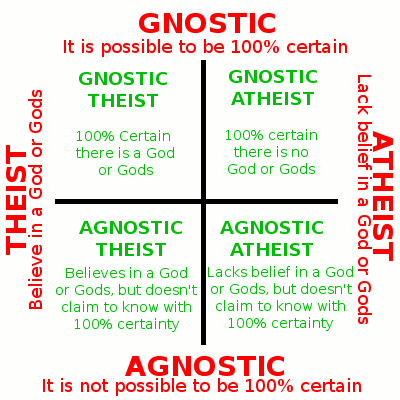AuthenticM
Member
From IFLS
excommunicate me if old
A new study has proposed an explanation for the negative correlation between religiosity and intelligence. Researchers from the UK and the Netherlands suggest that religion might be an instinct and rejection of instinct, being able to "rise above it", is linked to higher intelligence.
In their paper, published in Evolutionary Psychology Science, the researchers put forward the Intelligence-Mismatch Association model. They argued that religion is a so-called "evolved domain", what we would refer to as an instinct.
If religion is an evolved domain then it is an instinct, and intelligence in rationally solving problems can be understood as involving overcoming instinct and being intellectually curious, and thus open to non-instinctive possibilities, co-author Edward Dutton, of the Ulster Institute for Social Research in the UK, said in a statement.
...
The model that Dutton developed with co-author Dimitri Van der Linden from Rotterdam University also looked at the generic link between instinct and intelligence. In particular, they focused on instinct and stress as people tend to be a lot more instinctive and a lot less rational during particularly taxing periods. Intelligence rationality helps to cope with acting instinctively during those times.
If religion is indeed an evolved domain an instinct then it will become heightened at times of stress when people are inclined to act instinctively, and there is clear evidence for this, Dutton continued. It also means that intelligence allows us to able to pause and reason through the situation and the possible consequences of our actions.
excommunicate me if old




